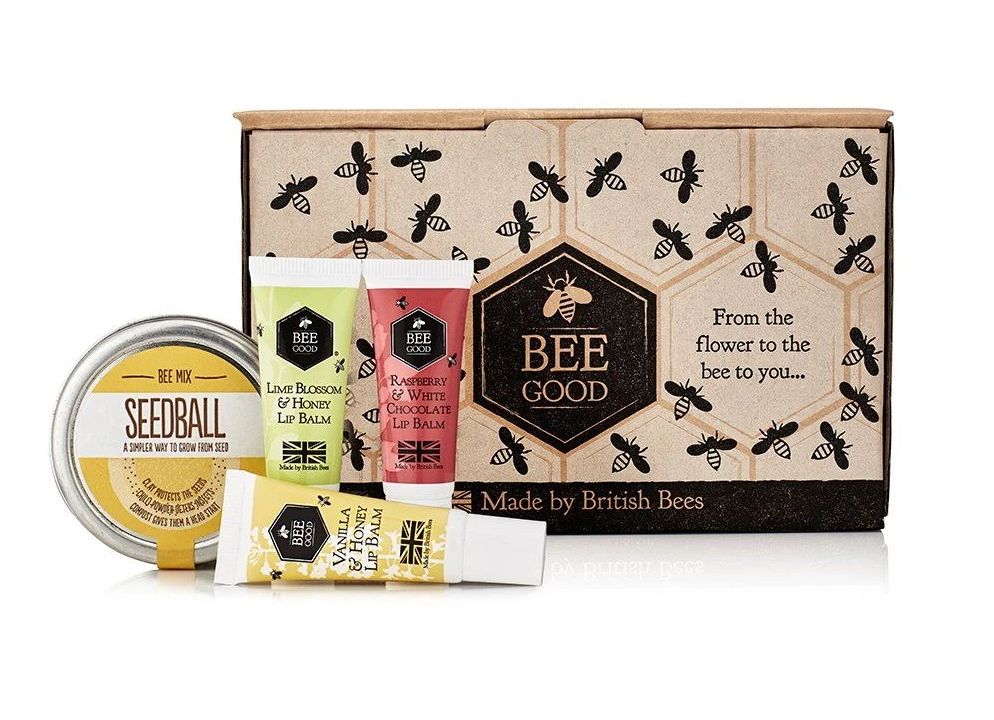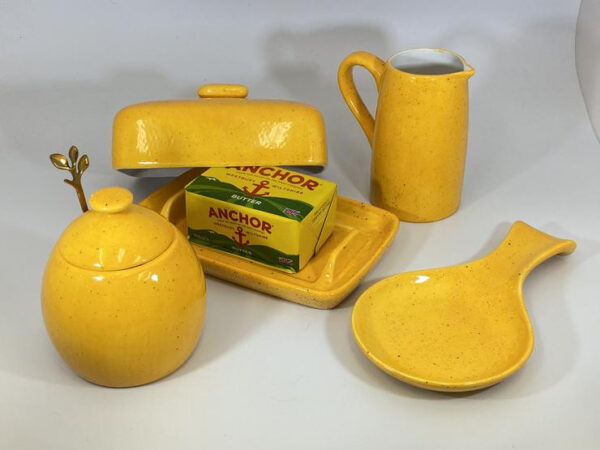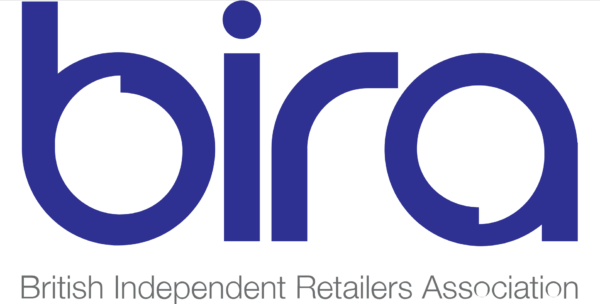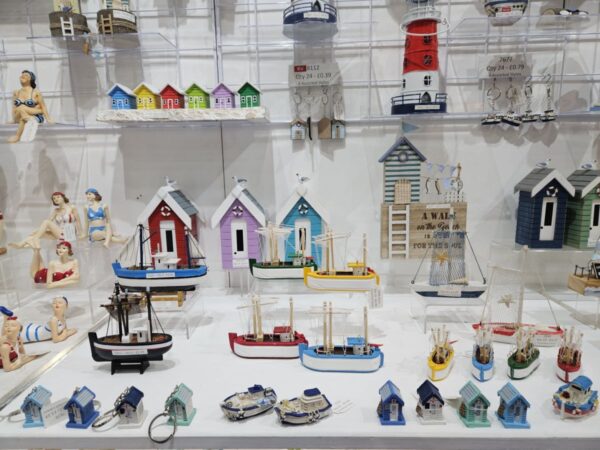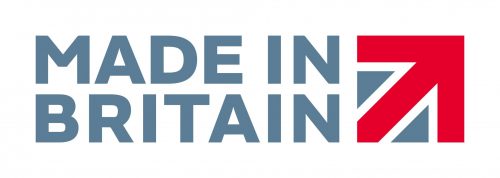
Made in Britain provides the only officially recognised accreditation of British-made products and its mark is carried on a huge variety of brands and goods, ranging from Vauxhall Vivaro vans to high-end Fracino coffee machines and luxury bathrooms by Roman Showers.
The organisation canvased 2,000 UK adults, 1,000 senior business decision-makers and their own members, discovering that “everyone wants to buy more British-made products”. The quality and sustainability of British-made goods, paired with the positive economic contribution made by British manufacturing, means many of them are also willing to pay a premium for essentials like food, clothes and furniture.
The survey found that eight out of ten UK adults wants to buy British-made goods and will happily pay more for items made in this country. Half of respondents cited the desire to be greener as a factor which motivated them to buy British wherever possible, with 63 per cent saying they thought it would help to combat climate change. Seven in 10 bought British to boost the economy, with two-thirds wanting to create or support jobs.
Consumers would also welcome more information to help their buying decisions, with a third saying they don’t know whether the things they buy – including cars and beauty products – are made in Britain. Six out 10 are more loyal to a product they know is made in Britain and eight in 10 want to buy more things made at home. A quarter would switch allegiance if a manufacturer moved to making a British product overseas.
Four in ten think British products are of better quality and will pay for the privilege of owning them – by an average of seven per cent to be precise. Despite this clear message from consumers, some manufacturers continue to make products overseas, often because the UK is a relatively expensive place in which to manufacture goods. Such costs could, however, be offset by the potential pay-offs consumers are willing to pay to British manufacturers.
The seismic shift of Brexit, followed immediately by the coronavirus pandemic, have reinforced, hopefully once and for all, the utmost importance of local sustainability and reliance on locally made rather than imported goods. As Climate Change rises higher and higher on both the national, international and corporate agenda – not to mention consumer awareness – this is yet another powerful reason for manufacturers to shift production back home.
‘Made in Britain’ isn’t just a valuable domestic play. A report made last year by Barclays suggested overseas demand for British products was on the rise and – like their UK counterparts – foreign consumers are happy to pay more for our products. This attitude was particularly pronounced among Asian and African consumers.
The call from consumers is clear. Why would businesses not answer it?
The poll of 1,000 senior business decision-makers based in the UK showed they were more pre-disposed to buying British than UK consumers – 66 per cent of businesses compared to 40 per cent of consumers said they buy British no matter what the cost. Of the 100 or so Made in Britain members polled, 37 per cent will buy British no matter what the cost, which like the other business group felt this was good for the economy.
Concerns about sustainability also feature highly in businesses’ concerns. Some 67 per cent of businesses believe buying more products made in Britain could help to tackle climate change, rising to three-quarters of Made in Britain members. 46 per cent of businesses say they will buy more British-made products after the UK leaves the European Union. This rose to 55 per cent for manufacturing business members, perhaps unsurprisingly given their future supply chain concerns.
British manufacturing, despite the often downbeat media coverage that follows it, is clearly still held in as high regard by the nation’s business community as by the shopper on the high street. Seven in every 10 businesses would like to buy more goods made in Britain than they currently do and 88 per cent of the Made in Britain membership.
So why don’t they? Whilst cost is an inevitable issue, much like consumers, a third of businesses struggle to get a handle on a product’s origins, although this number fell to 12 per cent among Made in Britain members. But 22 per cent of our members said they may know a brand was founded in Britain but are unsure if its products are made here. This rose to 40 per cent among the wider business population.
Now, more than ever, there is a need to coalesce around an official accreditation for quality British-made products to help cut through the confusion for businesses as well as shoppers. There is a desire to procure from Britain, but what is missing is the insight and knowledge to make these kinds of procurement decisions with confidence.
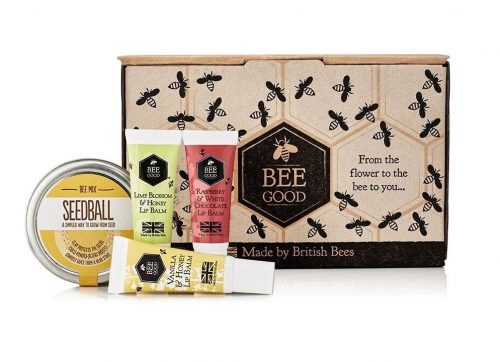
Professor Dominic Medway, Deputy Pro-Vice-Chancellor at the Faculty of Business and Law and specialist in place marketing at Manchester Metropolitan University Made in Britain, says: “The finding that a third of consumers struggle to determine where products come from should be a wake-up call to British firms who manufacture their products within the UK. By not signposting their products’ origins clearly, they risk missing out on increased loyalty from shoppers and any halo effects that surround British products being perceived as better quality.”
Made in Britain brings together the British manufacturing community, united with the use of the registered collective mark. The mark is protected and can only be used by members of Made in Britain that meet the criteria we set to guarantee the member is a British manufacturer. There are similar marks being used by organisations that wish to emulate the success of the Made in Britain mark. These copy-cat marks are not registered or protected and do not provide the guarantees given by the official Made in Britain organisation.
Made in Britain also offers members support in four areas: sales, marketing, exports and comms/PR. Becoming a member entitles your business to a profile page on the Made in Britain Directory alongside all the other makers in 50 product categories. We encourage buyers, specifiers and consumers to use the directory as the procurement site for British-made goods.
Many Made in Britain members use the network of membership to find new suppliers and buyers.


